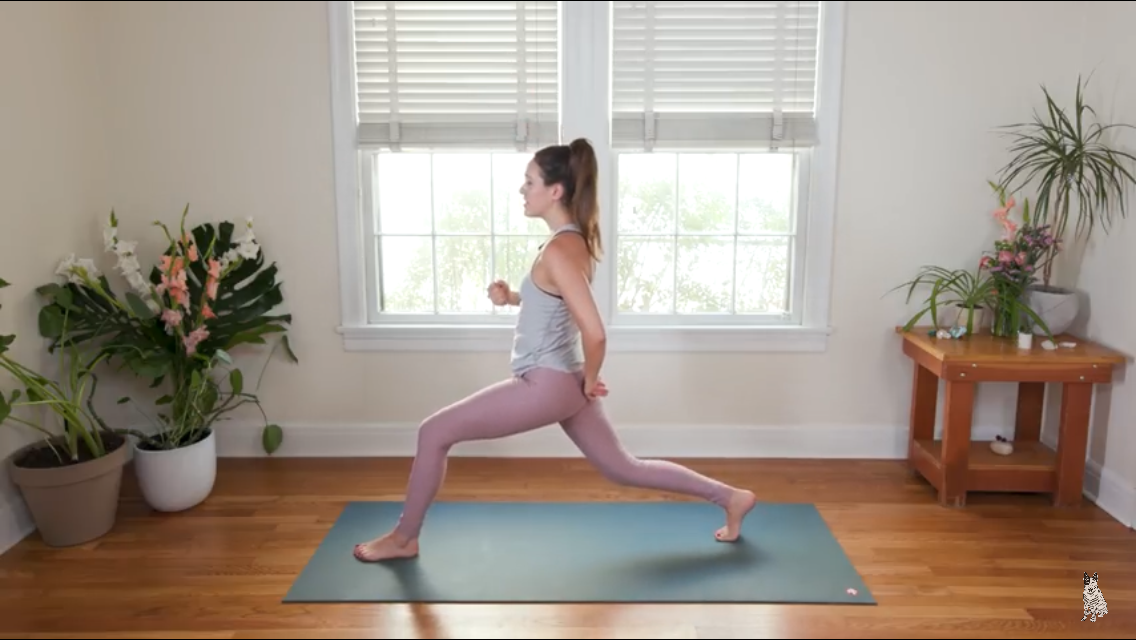A survey led by Trinity researchers from the Discipline of Physiotherapy, Drs. Cuisle Forde and Emer Barrett, has found that almost 50% of Irish people are exercising more than they normally would during the Covid-19 pandemic.
The survey gathered data from approximately 1,500 people across the country and indicates that more than 50% of Irish people now meet the recommended physical activity guidelines, a significant increase when compared to the last Health Ireland Survey in 2019.
The majority of the responses to the survey were given after the government restrictions eased on May 5, allowing people to exercise within a 5km radius from their homes.
Dr. Emer Barrett said: “The really striking positive result from this survey is the finding that almost half of all people report that they are exercising more during the Covid-19 restrictions. People haven’t let the closure of gyms, classes, or the 5 km distance restriction limit their ability to exercise and are finding new ways to be active.”
28% of people reported that they were exercising less since Covid-19 restrictions were applied.
Over 90% of people stated they were exercising because it benefited not only their physical health but their mental health too. Dr. Barrett believes we must attempt to maintain these motivational boosts after the pandemic is over: “It is very encouraging to see that there is a strong awareness of how physical activity can positively impact mental and physical health particularly at this time of crisis. We need to understand the factors that have facilitated or motivated this increase in activity with a view to maintaining them once restrictions are lifted.”
For most people surveyed, the main barrier to physical activity appeared to be the removal of their usual exercise routine. Around 20% of people stated that not being able to see their friends was a key factor in feeling unmotivated to exercise. Other barriers are present too, with 20% of people stating they felt that an increased workload limited their ability to be physically active.
Dr. Forde stated: What we have to focus on now is understanding the reasons why almost 30% of people reported exercising less than usual. Our research will allow us to identify whether the decline in their activity is as a result of cocooning, work commitments, or caring for children or dependant others.”
The Covid-19 pandemic has affected different members of the population to varying degrees; for some, it can be extremely difficult to deal with. Dr. Forde added: “While the Covid-19 pandemic has impacted everybody it is likely that some people are experiencing more negative consequences than others and not having the opportunity to be physically active is one such example.”






